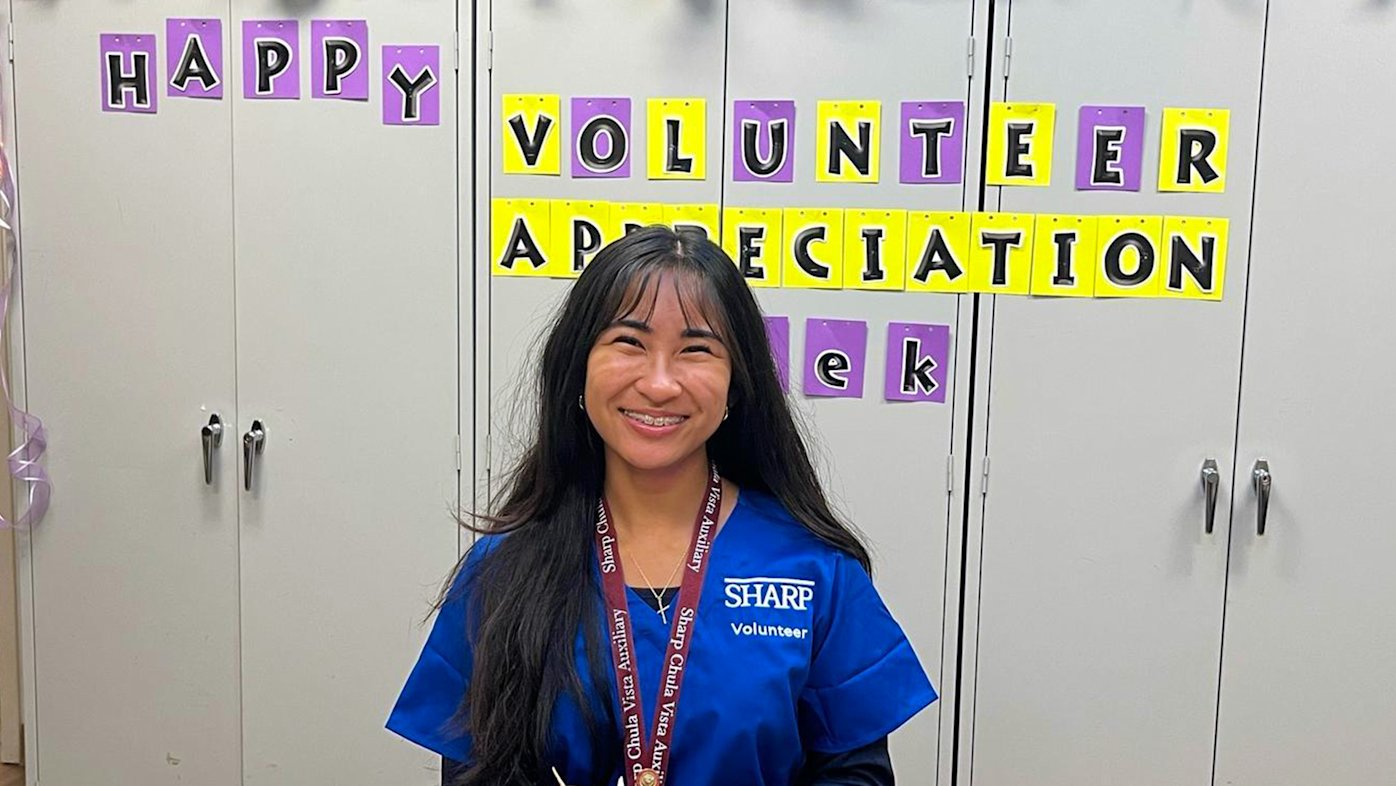
Student volunteer brings joy with wishing cranes
Carefully folded origami cranes carry messages of hope and healing, as one teen volunteer helps brighten patients’ days at Sharp Chula Vista Medical Center.
If you or someone you care about is facing a cancer diagnosis, you might be thinking about what happens when you see the oncologist. Asking your doctor the right questions about your diagnosis and treatment plan can help you feel more at ease and empowered.
Dr. Marilyn Norton, an oncologist affiliated with the Barnhart Cancer Center at Sharp Chula Vista Medical Center, shares advice for making the most of your first oncology appointment.
What happens during an initial oncology appointment?
It's important to know that the first appointment is usually a consultation, not a treatment appointment. The consultation is essential because that's where I learn every aspect of a patient's diagnosis to recommend the best possible treatment plan. This is also the time when I find out about any personal goals of treatment or special considerations like family needs or transportation that may be factored into the course of treatment I recommend. I usually receive any related documents, such as pathology reports, surgical notes and medical records in advance, so I have time to review them before the appointment. I leave a lot of time for questions and encourage patients and their loved ones to ask all the questions they have.
What is your approach to questions during an appointment?
The most important part of the consultation, in my opinion, is the patient's opportunity to ask questions. It's extremely important to me to allow time for a patient to ask every question they have. I want my patients to know I'm in this with them and here to support them every step of the way.
What questions do you recommend patients ask their doctor?
There is no right or wrong question to ask, but in general, I recommend making sure patients have a good understanding of their diagnosis. I'm also a big believer in learning about and taking advantage of services like support groups that can provide much-needed support when patients find they need it. I recommend asking what services are available.
What role should family and friends play in a patient's oncology appointments?
I encourage patients to come to their appointments with a friend or family member, if that is their preference. Having a support person there with you can be helpful in remembering the questions you want to ask, and also the information you receive.
Learn more about cancer support groups at Sharp.
For the news media: To talk with Dr. Marilyn Norton about for an upcoming story, contact Erica Carlson, senior public relations specialist, at erica.carlson@sharp.com.
Our weekly email brings you the latest health tips, recipes and stories.